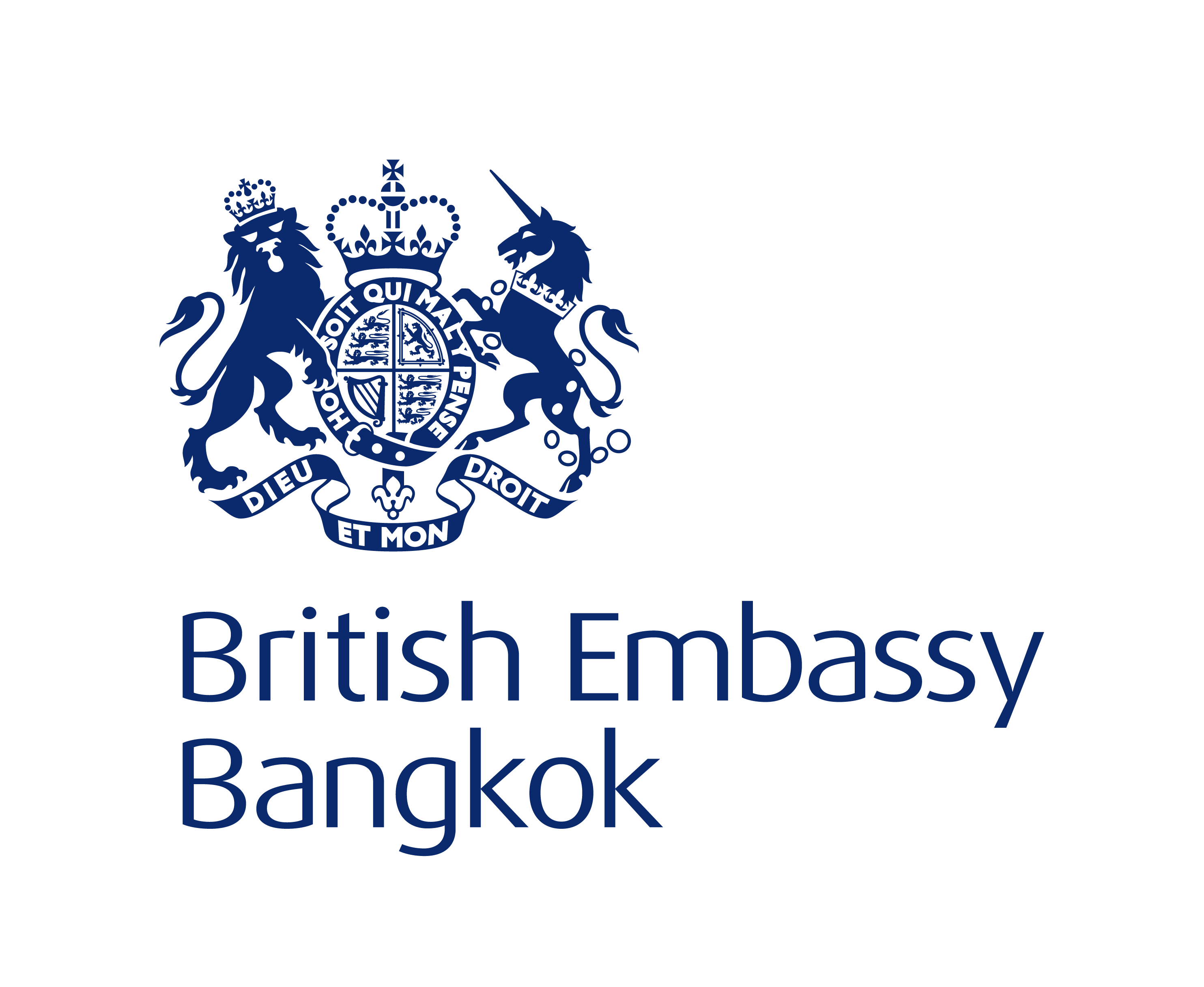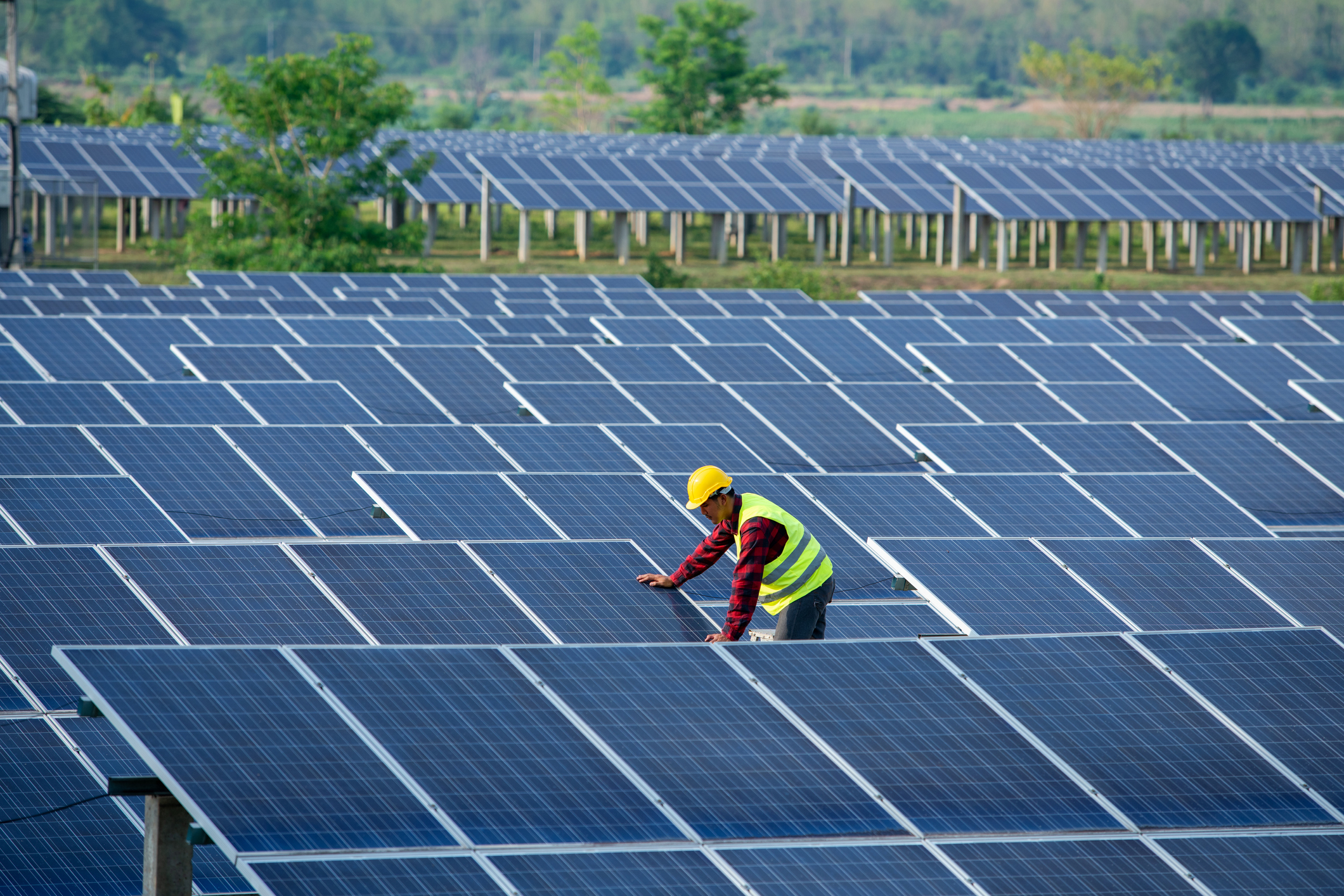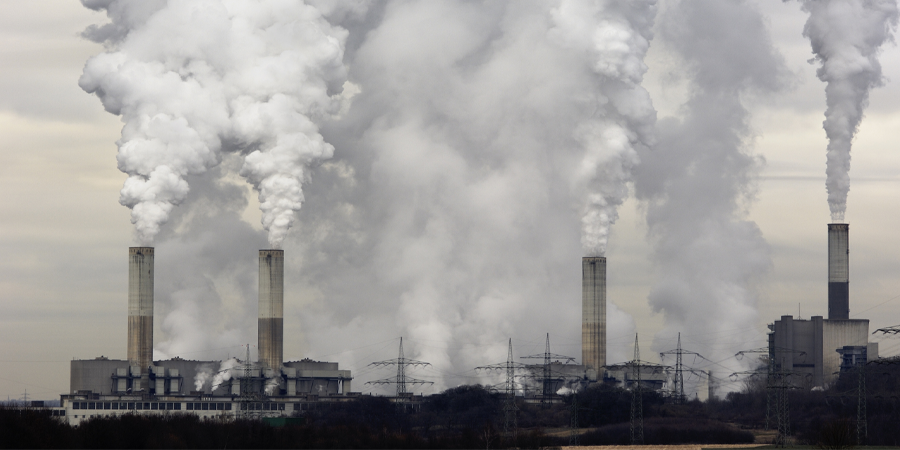Client

Expertise
Finance
Impact
Looking ahead, a scheme would make loans for energy efficiency projects more accessible and affordable, increasing investment flows and accelerating implementation.

CHALLENGE
How can lending to energy efficiency projects be increased?
Governments worldwide are raising their climate targets to limit global warming to 1.5C. While these targets provide direction, more financing is needed to drive the action required to create emissions reductions. As it stands, by the end of the decade, investments must increase by 700% to realise global climate goals.
Small and medium-sized enterprises (SMEs) and energy service companies (ESCOs) regularly experience this problem first-hand. Including when they need loans for energy efficiency projects, such as boiler replacement or waste heat capture. Banks, often unfamiliar with the viability of energy efficiency projects, perceive SMEs as risky clients. This can result in SMEs encountering unaffordable loans for these projects, with high interest rates and unachievable collateral demands.
Aware of this barrier to financing, the Carbon Trust were asked to explore ways to reduce risk perceptions and unlock loans for energy efficiency projects in Thailand.
Credit guarantee
A credit guarantee is an agreement where a third party — the guarantor — promises to repay part of a debt to the lender if the borrower fails to do so. This helps reduce the risk for the lender and gives them the confidence to proceed with the investment. With reduced repayment risk, lenders may also offer better financing terms.
Credit guarantees are a useful blended finance tool, as public or donor funds are used to lower risk for private finance, unlocking greater private investment opportunities.
Solution
Designing a credit guarantee scheme with key Thai market players
For a scheme to successfully transform the market, the views and needs of market players, such as financial institutions and ESCOs, must be considered and built into the design.
Working with government and industry stakeholders, we set out to develop a credit guarantee scheme that addresses two key needs: 1) de-risk energy efficiency lending and 2) support the technical development and implementation of quality projects. As part of this, we:
The Thai Energy Efficiency Credit Guarantee Scheme at a glance
The scheme’s vision is to increase lending to energy efficiency projects by supporting both:
- Supply of finance: the risk appetite of local banks.
- Demand for finance: the growth of a larger pipeline of high-quality bankable projects.
Impact
The blueprint to unlock finance and transform energy efficiency implementation in Thailand’s industrial sector
This work has been a catalyst to start a conversation and lending to energy efficiency projects, with ESCOs, government and financial institutions. It has started to build consensus around a concept to transform the market, helping to:
- Build consensus around the business case for energy efficiency and the ESCO market's role in supporting Thailand’s ambition to reduce energy-related emissions.
- Analyse and address the barriers and root causes that impede the widespread adoption of energy efficiency solutions.
- Clarify how a credit guarantee scheme could look for Thailand and providing a blueprint for impact to funders.
The impact of a guarantee scheme in Thailand would be significant:
Our analysis predicts £9 of energy efficiency lending could be mobilised for every £1 of guarantee funds provided.
ASEAN Low Carbon Energy Programme
This work was part of the ASEAN Low Carbon Energy Programme (LCEP), a £15.8 million UK government programme aimed at helping Southeast Asia transition to low carbon energy. The programme collaborated with Southeast Asian public and private entities to increase access to sustainable finance, improve energy efficiency, reduce poverty, and promote inclusive growth by providing capacity building and technical assistance on relevant policy, regulation, and market development work.
The programme ran from 2019-2023 with projects across Indonesia, Malaysia, the Philippines, Thailand, Vietnam, Cambodia, and Lao PDR.
The Carbon Trust delivered this work with the support of Bright Management Consulting and Pertiwi Consulting.
Learn more
Our analysis predicts £9 of energy efficiency lending could be mobilised for every £1 of guarantee funds provided.




